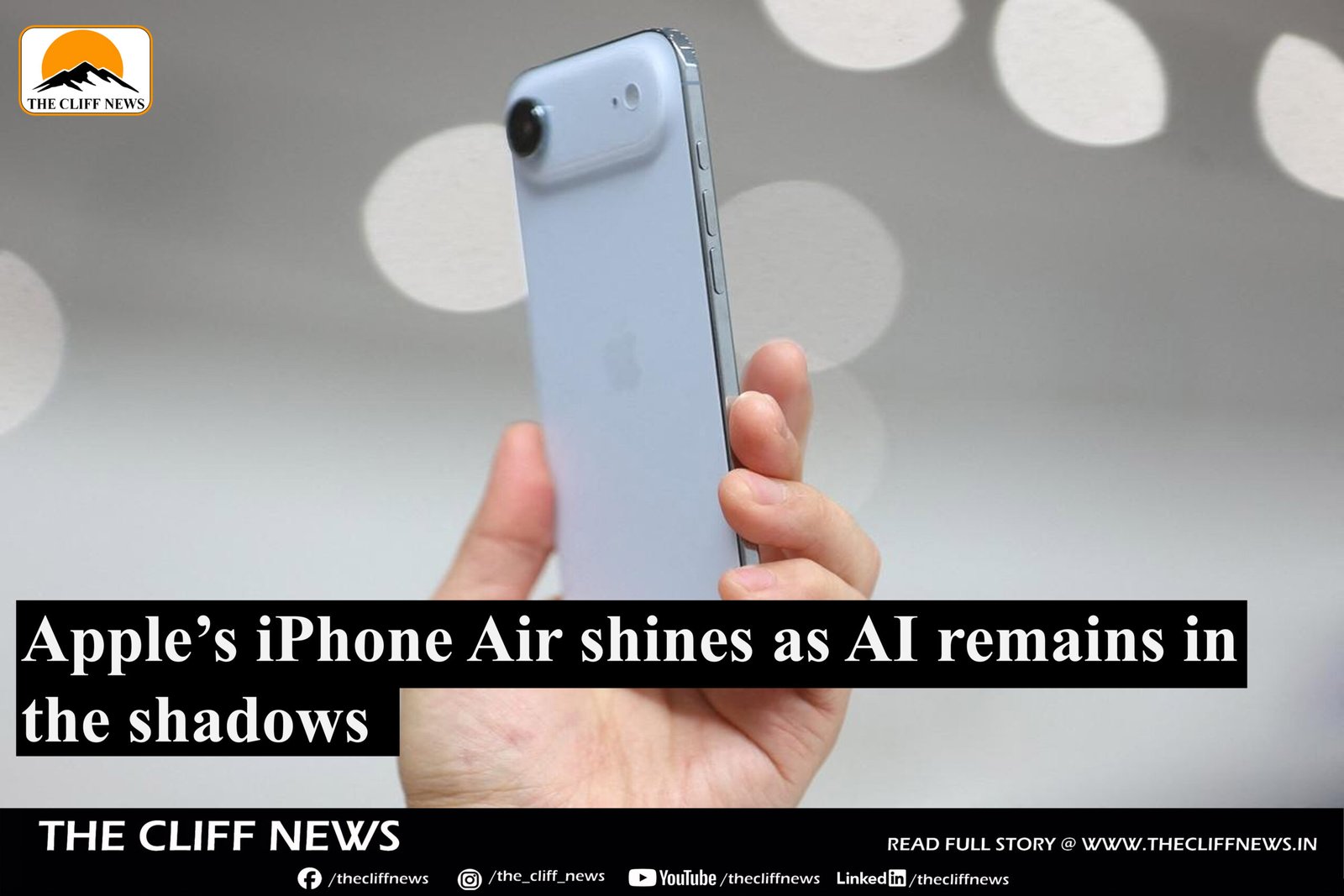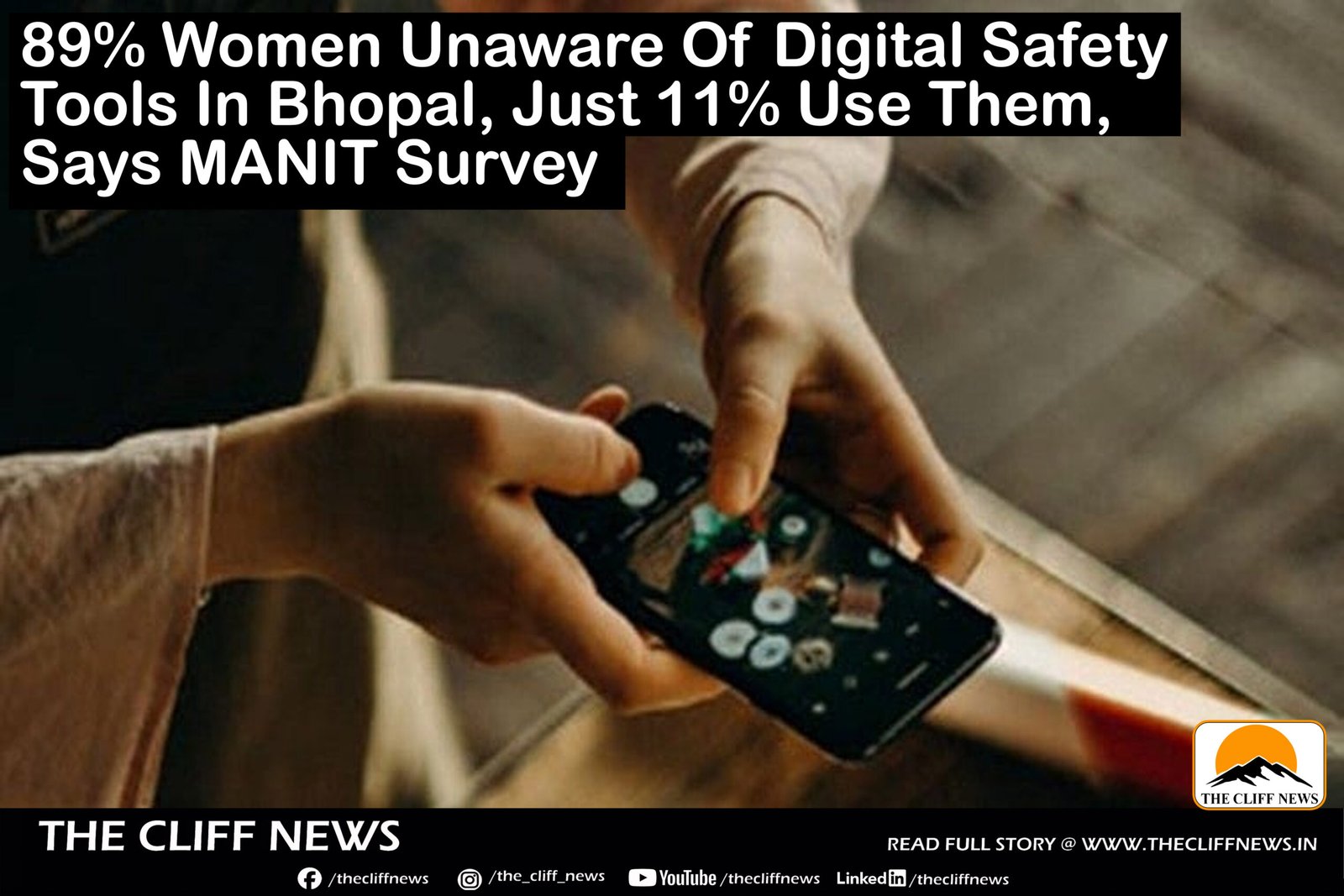On National Dolphin Day, Google announced a stunning leap forward in interspecies communication: the debut of DolphinGemma, an AI-powered model trained to analyze, replicate, and even predict dolphin vocalizations. Developed in collaboration with the Georgia Institute of Technology and the Wild Dolphin Project (WDP), the model marks a milestone in deciphering the language of Atlantic spotted dolphins.
🐬 A Legacy of Listening
WDP has been studying dolphins in the wild since 1985 in the Bahamas, amassing one of the world’s most comprehensive datasets of underwater dolphin interactions. Their non-invasive approach, using synchronized audio and video recordings, has documented dolphin sounds like:
- Signature whistles (used like names)
- Burst-pulse squawks (linked to conflict or play)
- Buzzing clicks (often tied to courtship and navigation)
These vocalizations are frequently tied to key social behaviors—everything from greetings to competition and mating.
🤖 How DolphinGemma Works
At its core, DolphinGemma is built on:
- Google’s SoundStream audio codec
- A 400-million-parameter model
- Tokenization that translates dolphin vocal data into analyzable sequences
It processes dolphin audio inputs and can generate realistic, dolphin-like sound sequences, offering researchers a new lens to interpret dolphin behavior. Even more impressively, it’s optimized for Google Pixel smartphones, enabling on-site field deployment.
🌊 Synergy with CHAT System
The innovation doesn’t stop there. DolphinGemma will supercharge the CHAT system (Cetacean Hearing Augmentation Telemetry), a tool that uses object-sound associations (e.g., seaweed + whistle) to teach dolphins symbolic communication. With DolphinGemma’s predictive modeling, dolphins’ sound imitation and object-request behaviors are expected to become more interactive and immediate, potentially enabling two-way communication.
🌐 Open-Source Promise
Google confirmed that DolphinGemma will be made open-source this summer, allowing marine biologists and AI researchers around the world to train it on other dolphin species, paving the way toward a global dolphin “dictionary.”
This project is not just an AI feat; it’s a major stride in bridging the cognitive gap between humans and one of Earth’s most intelligent non-human species. With DolphinGemma, humanity is inching closer to holding real conversations with dolphins—a dream once limited to science fiction.



